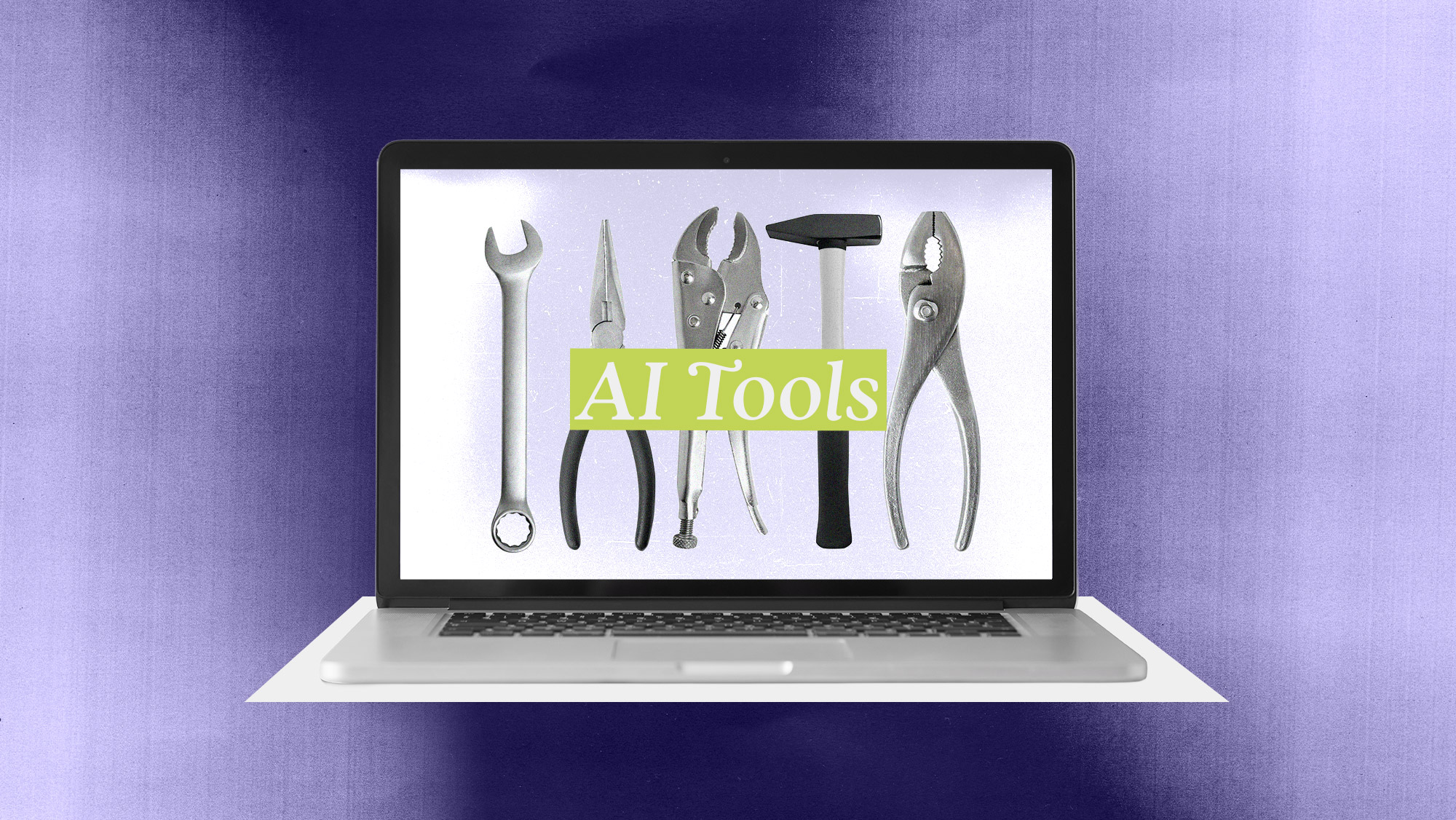
AI and the Retail Marketer’s Future
How AI transforms strategy and processes, driving the adoption of Positionless Marketing
Exclusive Forrester Report on AI in Marketing

Social proof is a cornerstone of modern marketing. In this space, the most effective form of social proof is case studies. These are essential to demonstrate brand capabilities and build credibility with prospective clients. Many times, leading, innovative brands require this form of “evidence” to justify the marketing investment. Other times, this practice plays into the old social-psychological hack of proving how fellow industry players stay ahead by using the solutions, and therefore, to be as advanced and well ahead of the curve, they should use them too. Regardless of the “why,” sharing case studies with prospective clients is an essential part of every sale process.
It makes perfect sense. Let’s be honest – it is almost impossible to expect someone to buy from you without providing true feedback from those who have already seen success using your products. These in-depth studies reveal the services’ vital components what brands stand to gain by investing in you.
But what should you do if your client, who benefits from your product and is keen to help you out, refuses to share glowing feedback with the world? For many of our clients, Optimove is considered a “secret weapon” or “strategic advantage.” Our users contemplate whether to openly testify how well they’re doing with it, as they fear their competitors will also want to place an order for the secret sauce.
I specifically remember a time when we encountered this particular challenge. Our CEO, our Director of Customer Success, and I had a conference call with the CEO of a relatively new (and very satisfied) client of ours. We were talking from three different offices on two separate continents, so as always, the recording device was on.
During the conversation, we asked if we could publish a case study based on the exciting results we had achieved for the company. Their CEO grew quiet, and asked: “Is it necessary to publish the name of our business?” We gently addressed his hesitation, and he replied sincerely: “Well, obviously, using Optimove is a competitive advantage for us. So, you know, you don't necessarily want your competitors to understand what you're doing and start doing the same thing.”
He spoke about how they used the same batch-and-blast email strategy for years and collected so much valuable data that it was becoming too difficult to generate actions based on educated and informed decisions. Since working with Optimove, he continued, they uncovered the sweet spot between traditional promos and newer, advanced campaigns, and were up 126% in email revenue.
We said our goodbyes and continued talking amongst ourselves. And then it hit us: this gentleman doesn’t want his company’s name revealed, but how about sharing his thoughts with the rest of the world, anonymously? We asked for his permission, of course, and he immediately agreed. And so – our anonymous case study was born.
This was our newly discovered hack. While the name of the person and brand behind a case study gives extra validation, the name isn’t missing from the story altogether: Optimove is the name. The anonymous case study hack is our way of respecting our clients’ confidentiality and simultaneously present real, authentic feedback and insight into our solution, illustrating how it supports our clients’ needs. We will always prefer to have our partner companies put a face to the name when providing their feedback, but when this isn’t plausible, we still find value in the anonymous case study and more than that, and we’ve truly seen its impact.
This situation is now familiar and has reoccurred several times since then; our clients look at their rising numbers, at their data being put to good use, and the “great competitive advantage” sentence is being heard over and over again, along with “this is a crucial tool in the arsenal”, or bluntly: “I don’t want to help my competitors in such a competitive environment.” We understand. In a sea of marketing technologies servicing highly competitive verticals, with the harsh fight over every customer, finding that one technology that “surpasses all expectations,” is a secret worth keeping.
Exclusive Forrester Report on AI in Marketing
In this proprietary Forrester report, learn how global marketers use AI and Positionless Marketing to streamline workflows and increase relevance.


Rony Vexelman is Optimove’s VP of Marketing. Rony leads Optimove’s marketing strategy across regions and industries.
Previously, Rony was Optimove's Director of Product Marketing leading product releases, customer marketing efforts and analyst relations. Rony holds a BA in Business Administration and Sociology from Tel Aviv University and an MBA from UCLA Anderson School of Management.


